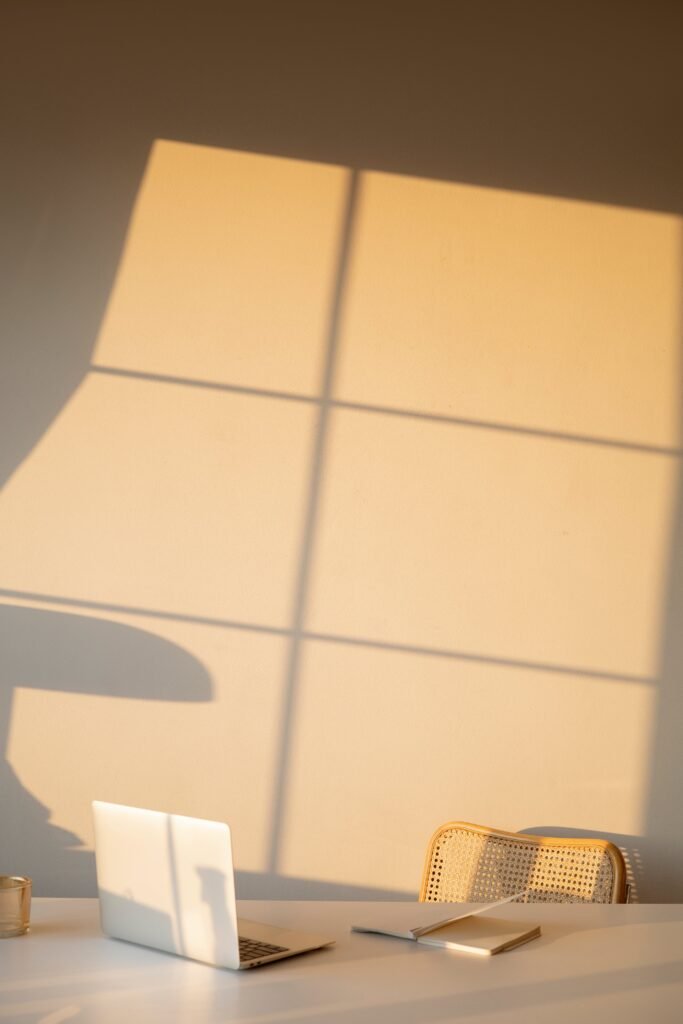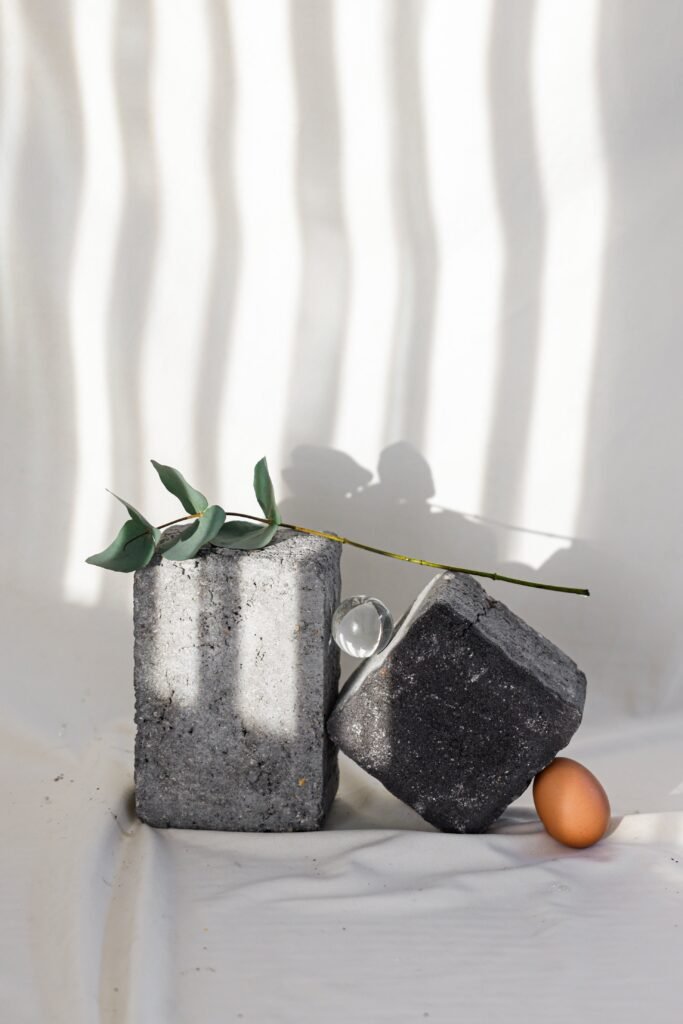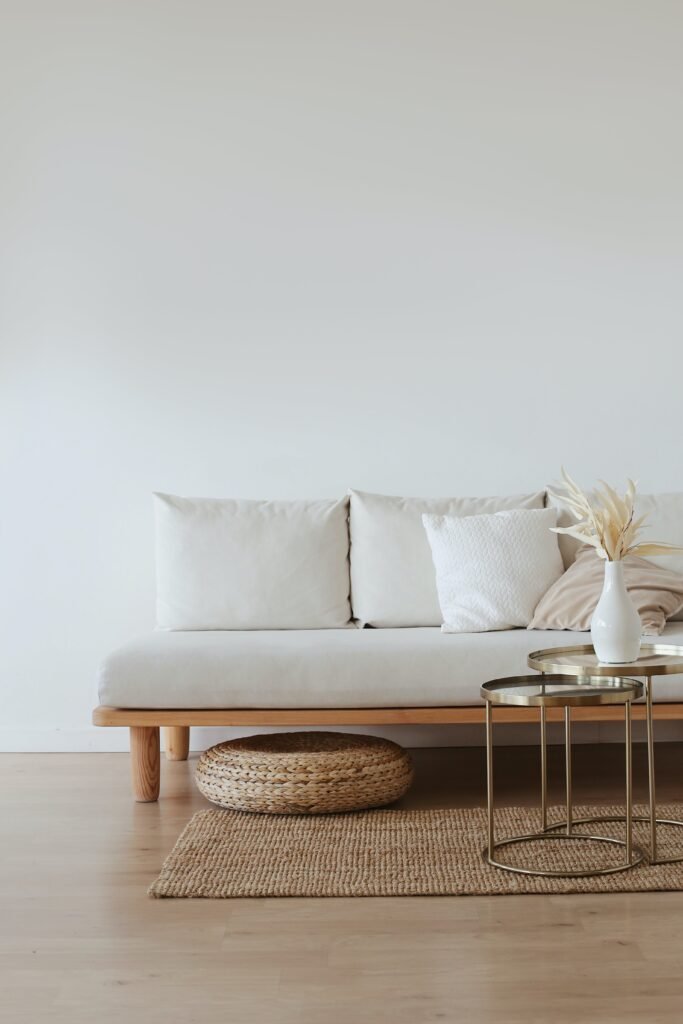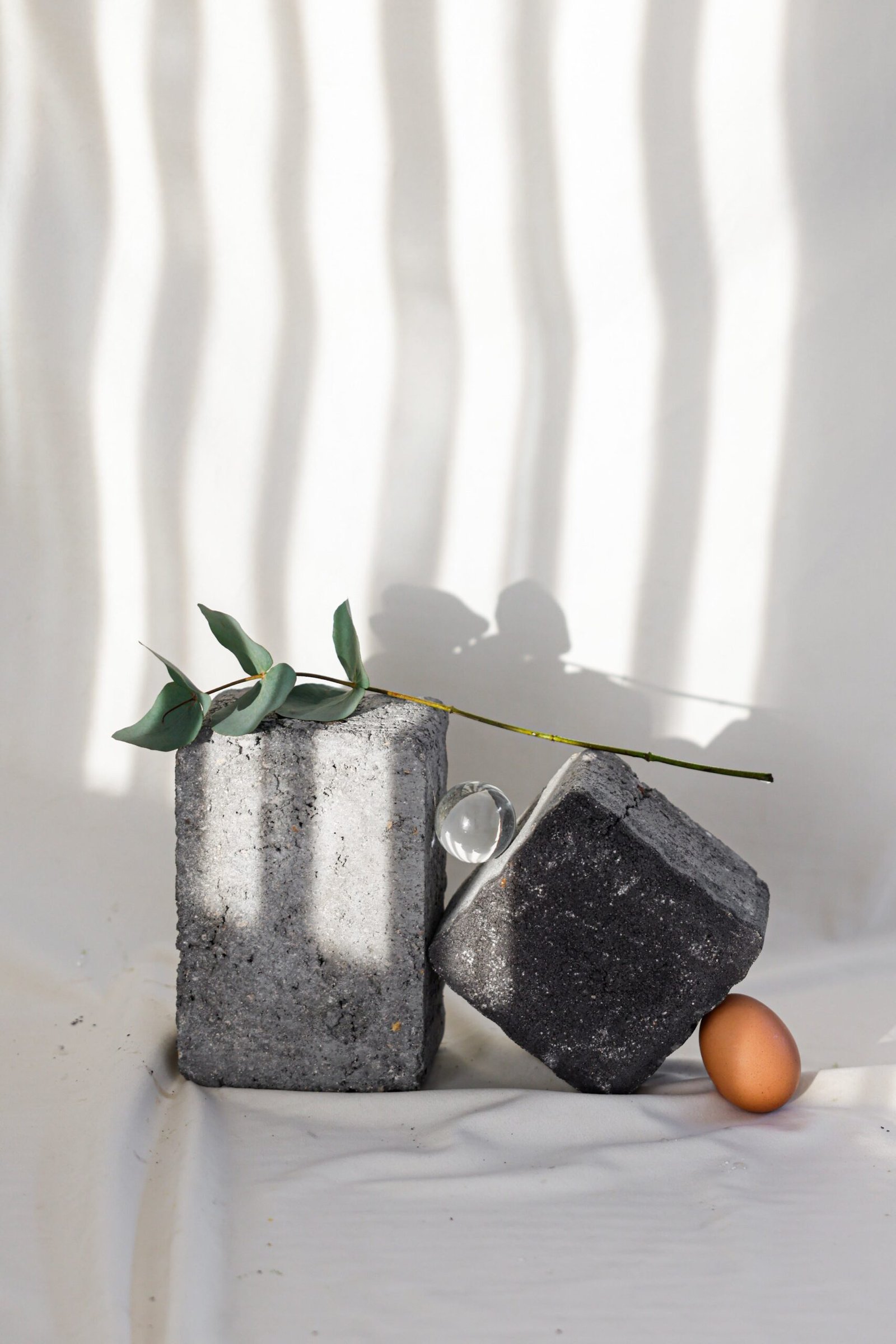Are you feeling overwhelmed by the clutter in your home? Are you struggling to figure out what to keep and what to get rid of? Well, fret not! In this article, we will explore some practical tips and strategies to help you make those tough decisions during the decluttering process. From assessing the usefulness of an item to considering its sentimental value, we’ll provide you with all the guidance you need to declutter with confidence and create a more organized and peaceful living space. So get ready to bid farewell to the unnecessary and hello to a clutter-free life!

Consider your goals and priorities
When starting the decluttering process, it’s essential to first consider your goals and priorities. Take some time to reflect on what you hope to achieve through decluttering. It could be creating a more organized and peaceful living space, reducing stress, or simply making room for new experiences and opportunities.
Think about your priorities in terms of possessions. What items hold the most value for you? Are there any possessions that are particularly important for your daily life or have sentimental significance? Understanding your priorities will help you make decisions about what to keep and what to discard.
As you evaluate each item, ask yourself how it aligns with your goals and priorities. Does it contribute to achieving those important aspects of your life? Does it bring you joy and happiness? Consider the impact each item has on your overall well-being and whether it supports the life you want to live.
Assess the functionality and usefulness of each item
To make informed decisions about what to keep and what to discard, it’s important to assess the functionality and usefulness of each item. Start by asking yourself when the last time you used it was. If it has been a significant amount of time since you last used it, it may be a good indication that the item is no longer necessary.
Consider whether the item serves a specific purpose or function in your life. Does it have practical use or is it just taking up space? If you can easily replace the item or borrow it when needed, it might be worth considering letting go of it.
Also, evaluate the condition of the item. Is it in good working condition, or does it require repairs or maintenance? Assess the cost and effort involved in restoring the item and whether it is worth it in the long run. If it is in poor condition and unlikely to be useful even after repairs, it may be best to discard it.
Evaluate sentimental value
Sentimental items can be the most challenging to declutter. They often hold deep emotional significance and memories. However, it’s important to evaluate whether keeping the physical item is necessary to preserve the memory or sentiment associated with it.
Consider whether there are alternative ways to preserve the memory without keeping the item. Could you take a photograph of it or create a digital record? Are there other items or photographs that represent the same sentiment? Reflect on whether the sentimental value outweighs the practicality of keeping the item.
Additionally, look for duplicates or similar items that might represent the same sentimental value. You may find that decluttering one item while keeping another that holds the same sentiment is a more practical choice.
Consider space and storage constraints
One important factor to consider when deciding what to keep and what to discard is the available space and storage constraints. Taking stock of your storage capacity will help you determine if you have enough room for all your possessions.
Evaluate each item with storage in mind. Is it taking up valuable space that could be used for something else? Consider whether it can be stored more efficiently, such as utilizing storage organizers or downsizing bulky packaging. Also, factor in the cost of additional storage solutions like renting a storage unit or purchasing extra shelves or containers.
When deciding whether to keep an item, weigh the value of the space it occupies against its significance and usefulness in your life. It’s crucial to have a balance between the items you own and the space you have available.

Assess financial value
The financial value of an item is another aspect to consider during the decluttering process. Determine if the item holds value and if it’s worth selling or donating. If the item can be repurposed or upcycled to create value, it might be worth considering keeping it.
However, also consider the cost-effectiveness of keeping the item versus replacing it if needed in the future. Depending on the item’s cost, storage requirements, and potential future use, it might be more practical to let it go and repurchase it when necessary.
Be mindful not to hold onto items solely for their potential future value that may never materialize. It’s important to strike a balance between financial considerations and the item’s practicality and usefulness in your life.
Consider the frequency of use
When deciding whether to keep or discard an item, it’s helpful to consider how often you use it. Some items may only be used occasionally or seasonally, and it’s essential to assess their value based on their frequency of use.
Ask yourself how often you realistically use the item and whether it justifies taking up space in your home. If it’s a seasonal item, consider whether you could borrow or rent a similar item when needed instead of owning it.
Being honest about your usage patterns will help you make decisions that align with your current and future lifestyle needs.

Assess the condition of the item
The condition of an item is an important factor to consider when deciding whether to keep or discard it. If the item is in good working condition and doesn’t require significant repairs or maintenance, it may be worth keeping.
However, if an item is in poor condition or requires costly repairs, carefully consider whether it’s worth the effort and investment. Evaluate the potential benefits of keeping the item after the repairs versus the cost and effort involved in restoring it.
Remember to consider your goals, priorities, and overall usefulness of the item when making these decisions.
Evaluate the number of similar items
During the decluttering process, it’s beneficial to evaluate the number of similar items you own. Determine if you have multiple items serving the same purpose and assess whether each item has a unique use or value.
Identify any duplicates or near duplicates that can be decluttered. If multiple items serve the same purpose and do not have distinct value, it might be more practical to keep only one and let go of the others.
Consolidating similar items into one can help streamline your belongings, create more space, and make it easier to stay organized.
Consider lifestyle changes
Changes in your lifestyle can have a significant impact on the items you need and use on a regular basis. If you’ve recently experienced any lifestyle changes, such as a new job, moving to a different city, or starting a family, it’s essential to assess whether your possessions align with your current needs and preferences.
Consider whether the item is still relevant to your lifestyle and whether it aligns with your future goals and plans. If the item no longer fits your lifestyle or doesn’t contribute to your desired way of living, it may be time to let it go.
Recognize that letting go of items that no longer serve you can create space for new opportunities and experiences that better align with your current lifestyle.
Seek external perspectives
Sometimes, it can be challenging to make decisions about what to keep and what to discard on your own. Seeking external perspectives can provide valuable insights and help you make more objective choices.
Ask for input from friends or family members who know you well and can offer different perspectives on your possessions. They may have insights into your habits or needs that can guide your decision-making.
Consider hiring a professional organizer or decluttering expert who can provide expert advice tailored to your specific situation. They can offer guidance on efficient organization systems, storage solutions, and help facilitate the decluttering process.
Participating in online decluttering communities or forums can also provide support and inspiration during the decluttering journey. Engage with like-minded individuals who can share their experiences, tips, and encouragement.
Lastly, seek advice from minimalism or decluttering books or resources. There are numerous resources available that can provide guidance and strategies for making effective decluttering decisions.
Remember, decluttering is a personal process, and it’s essential to consider your own goals, priorities, and preferences while seeking external perspectives. Use these insights as a helpful tool to make informed decisions and stay motivated throughout your decluttering journey.
